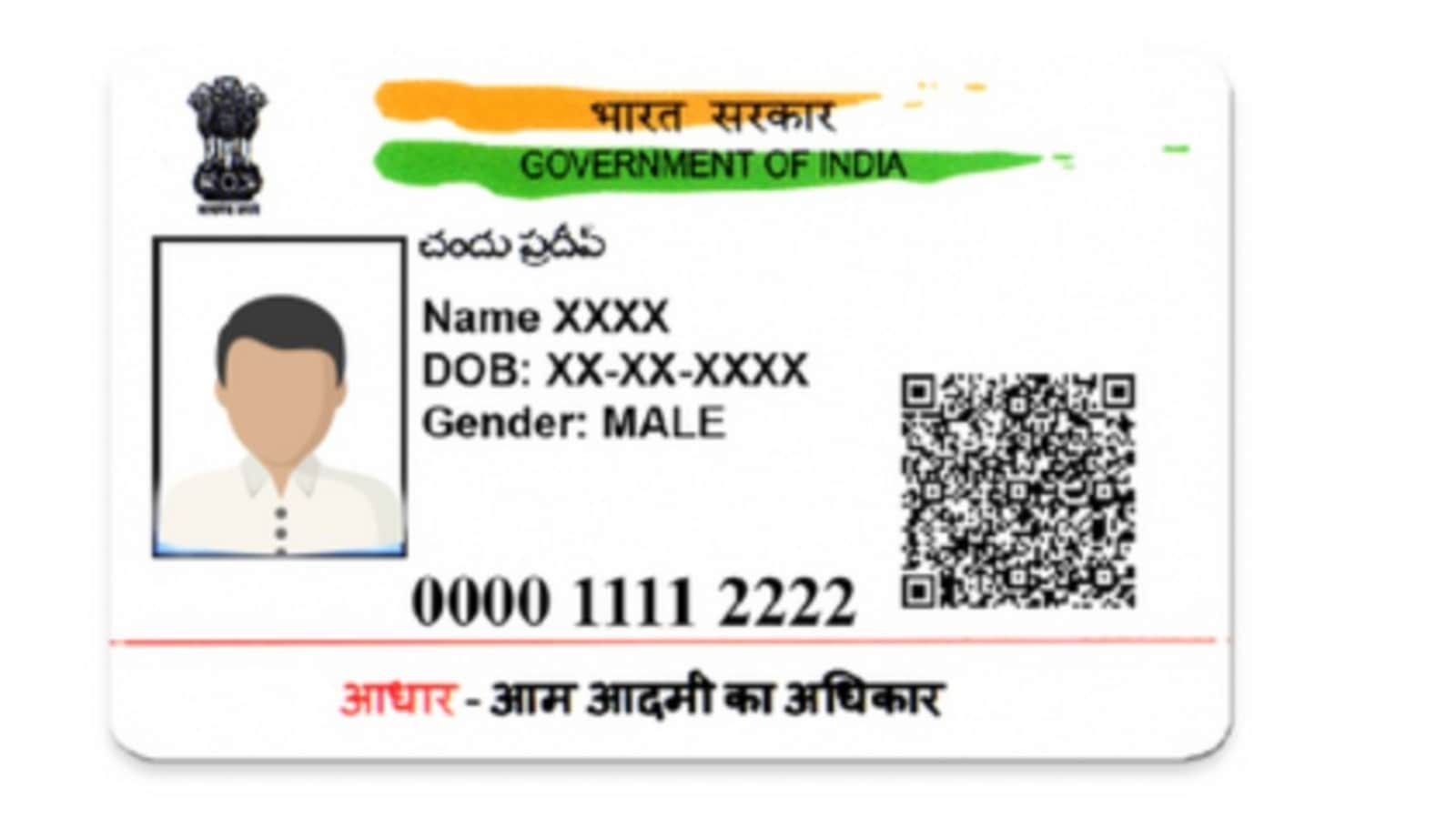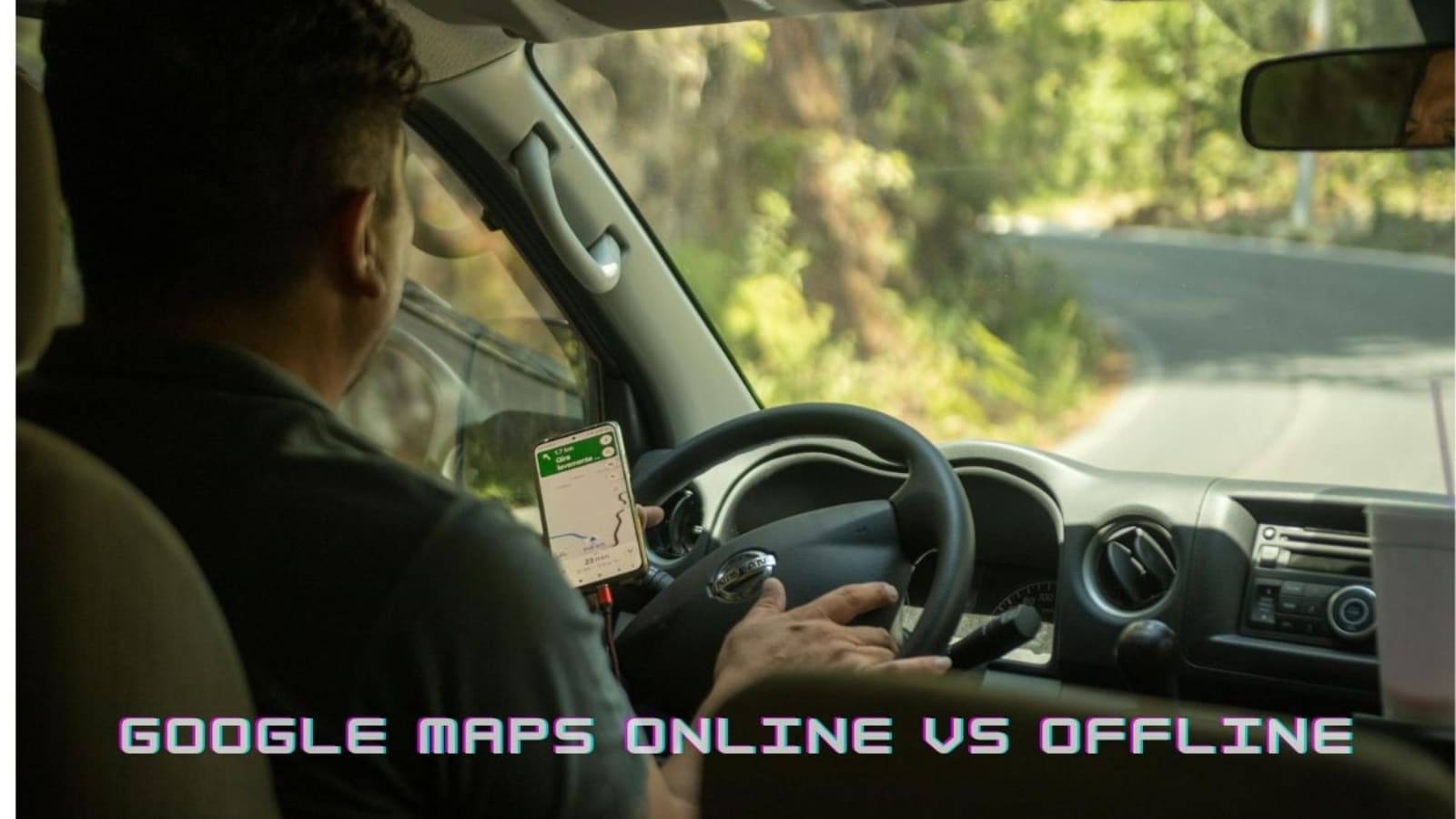Google Maps and GPS navigation, in general, have been a significant boon for consumers in India and beyond. So much so that we've almost entirely stopped rolling down our car windows to ask a passerby something like, "Bhaiya, yeh road Delhi jata hai kya?" However, despite its impressive reach, users occasionally encounter challenges when navigation directs them to routes that are poorly maintained or unsuitable for travel. Tragically, in some cases—such as a recent incident where three men drove off an incomplete bridge while travelling from Gurugram to Bareilly—these misdirections have led to fatal accidents. Therefore, travellers should take precautions, especially during adverse weather conditions or on unfamiliar journeys. Here are some tips to navigate safely using Google Maps:
Also Read: This iPhone 15 Pro Max deal is so good that you'll want to skip the iPhone 16 Pro
1. Use Satellite View for Better Assessment
Before embarking on a journey to an unfamiliar area, switch the map type to Satellite View. This allows you to examine the route visually and identify potential hazards, such as incomplete bridges, poorly constructed roads, or other obstacles. This feature is especially valuable during foggy or rainy weather, where visibility is limited, and it helps prevent incidents like the one where three men tragically drove off an unfinished bridge while travelling from Gurugram to Bareilly.
2. Leverage Google Street View
Google Street View is another excellent tool for previewing your destination or route. Whether you're exploring a new city or venturing onto a mountain trail, Street View provides a visual understanding of the terrain and surroundings, boosting safety. Make it a habit to check trails or routes you haven't used before. And, combining this with Satellite View to assess where the trail leads and to anticipate any difficulties can be even more effective.
Also Read: iOS 19 major feature leaked, may bring ChatGPT-like Siri and more advanced features
3. Share Your Location in Real-Time
For added security, use the real-time location sharing feature in Google Maps. This allows you to share your location with trusted contacts for a specific duration or until you manually stop sharing.
Your family and friends can monitor your journey, giving them peace of mind, especially during long trips or solo travels. This feature can be a lifesaver, ensuring help can reach you promptly if needed.
4. Seek Local Advice
While Google Maps is incredibly helpful, it's not flawless—especially in countries like India, where road conditions and navigation can be complex. Before venturing into unfamiliar areas, ask locals for advice. Locals can provide insights about road conditions, ongoing construction, or safer alternatives that Maps might not account for. This simple step can make your journey smoother and safer.
5. Select Mode of Travel
Always select the mode of travel, such as by car, bike, or on foot, so you receive route recommendations accordingly. Sometimes, choosing the wrong mode can lead to safety hazards, such as taking those on two-wheelers to roads with speed limits that are not safe, or car drivers to lanes and alleyways that are too narrow.
Also Read: Honor 300 series with Snapdragon 8 Gen 3 chipset confirmed to launch on this date..
6. Save Maps Offline
Another helpful tip is to save routes or maps offline. In remote areas, you might lose signal, and GPS may not work as effectively, potentially leading you into unfamiliar territories.
 4 hours ago
2
4 hours ago
2



















 English (US) ·
English (US) ·